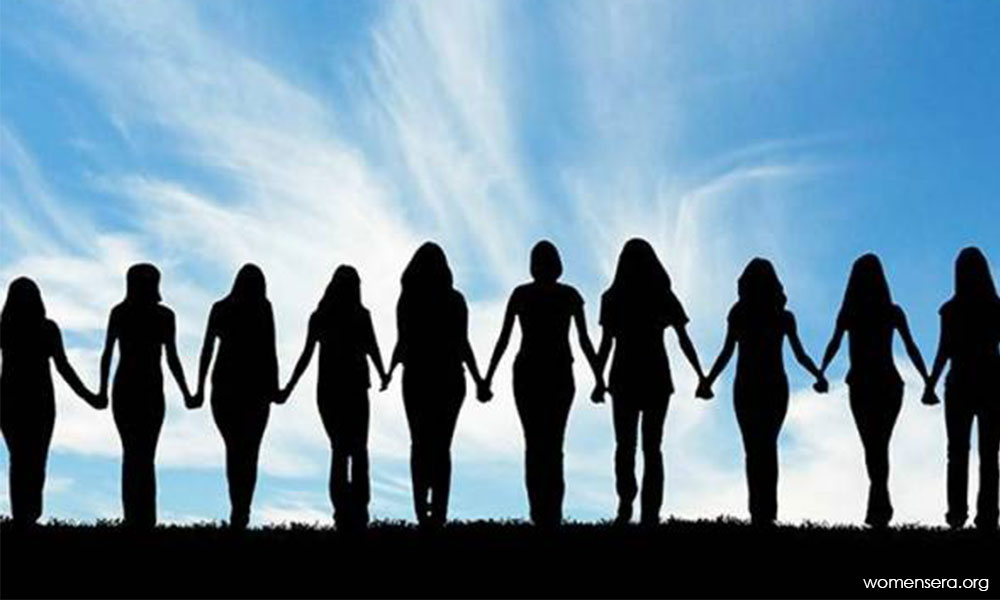
The World Economic Forum (WEF) published its 2020 Global Gender Gap Report last week, and I am surprised that hardly any Malaysian media has dived deep into scrutinising its findings. If they did, we would be told of this bleak reality: that at the rate the currents trends are going, the overall global gender gap will only be closed in 99.5 years.
None of us will live to see the gender gap close in our lifetimes. Neither will most of our children.
When the Gender Gap report first launched in 2006, Malaysia ranked 72 globally out of 153 countries reported. The country’s ranking, however, has been slipping ever since. As we are about to enter 2020, Malaysia now ranks at 104 globally, after slipping a further three places from last year.
In fact, compared to 2006, our country ranking has fallen in all four areas tabulated by WEF.
While the report shows a global improvement in the area of Educational Attainment, WEF notes that some institutional and cultural improvements are still needed. Malaysia’s ranking in this area has unfortunately fallen to 86 in 2020, compared to 63 in 2006, driven mainly by findings that the literacy rate for girls (91 percent) still lags behind boys (96 percent).
While girls in university outnumber boys in subjects such as the humanities, arts, natural sciences and social sciences, the report found that there are fewer girls pursuing STEM subjects (26 percent) compared to boys (57 percent), and that subjects such as engineering and manufacturing are still dominated largely by boys (46 percent) compared to girls (15 percent). There are also more boys attaining PHDs compared to girls.
It is worrying when we consider how our performance in the area of education translates into income generation in this day and age.

The grim reality is this: the global rate of improvement in the area of Economic Participation and Opportunity subindex (which is at 0.15 percentage points annually from 2006 to 2019) is painfully slow. If no aggressive initiatives are done to accelerate this rate, WEF reports that it will take us 257 years to close this gap alone.
In this area, Malaysia has slipped from being ranked 68 in 2006, to 97 as we enter into the year 2020. In comparison, our neighbours rank much better with the Philippines at 14, Singapore at 20, Thailand at 22 and Indonesia at 68.
The WEF report found that in Malaysia, women still lag behind men where labour force participation is concerned. There is also still a wide disparity between women in senior and management positions (20 percent) compared to men (80 percent). Only 10 percent of companies have women as majority shareholders.
While the global gender gap for Political Empowerment has improved to 24.7 percent, Malaysia’s ranking has fallen from 90 in 2006 to 117 in 2020. This is quite embarrassing compared to our neighbours who rank at 29 (the Philippines), 82 (Indonesia) and 92 (Singapore). Women currently occupy less that 20 percent of parliamentary and ministerial positions in our country, which is a far cry from the minimum of 30 percent as promised in Pakatan Harapan’s election manifesto.
The report also notes a wide disparity in women’s equal access to justice, and that no woman has ever been head of (any) state in Malaysia to date.
The area of Health and Survival represents WEF’s smallest gap and has remained relatively stable over the years. In fact, it is even considered closed in most countries. Malaysia, however, has fallen from being ranked 80 in this area in 2006 to 84 in 2020. In comparison, our neighbours now rank at 41 (the Philippines), 52 (Thailand) and 79 (Indonesia).
The report found that Malaysian women’s unmet demand for family planning and the prevalence of child marriage as factors that contributed to the ranking.

Many would compare the WEF Global Gender Gap report to the Gender Gap Index reported by the Department of Statistics Malaysia (Dosm) which attempts to show local improvements in the above four areas.
Nevertheless, the WEF report demonstrates that in the larger scheme of things, the small increments made by Malaysia actually falls desperately short in comparison to the strides made by other countries - including our neighbours - where addressing the gender gap is concerned.
Even Dosm’s Salaries and Wages Survey Report is compelled to report that despite the efforts made, the gender wage gap still exists in our country today. The same report notes that as there is a high enrolment of girls in university compared to boys, and as girls have consistently outperformed boys in standardised assessments, the gap is not due to a lack of ability on the part of women.
What both these findings tells us is that the longer we continue to drag our feet in addressing the gender gap, the further our country will fall behind in reaping the benefits which comes with substantive gender equality.
Simply opening doors and saying that we have equal opportunities are not enough. We need to start recognising systemic discrimination, cultural disadvantages and harmful practices that have been normalised and taken for granted in Malaysia today.
A Malaysia that wants to be a high income nation can no longer afford to pay the price for patriarchy. If we are going to get there with the rest of the world, everyone needs to be onboard.
You can download a copy of the WEF Global Gender Gap here.
MAJIDAH HASHIM is a writer, an ESG impact specialist and a human rights defender. She can be contacted via Twitter at @majidahhashim - Mkini



No comments:
Post a Comment
Note: Only a member of this blog may post a comment.